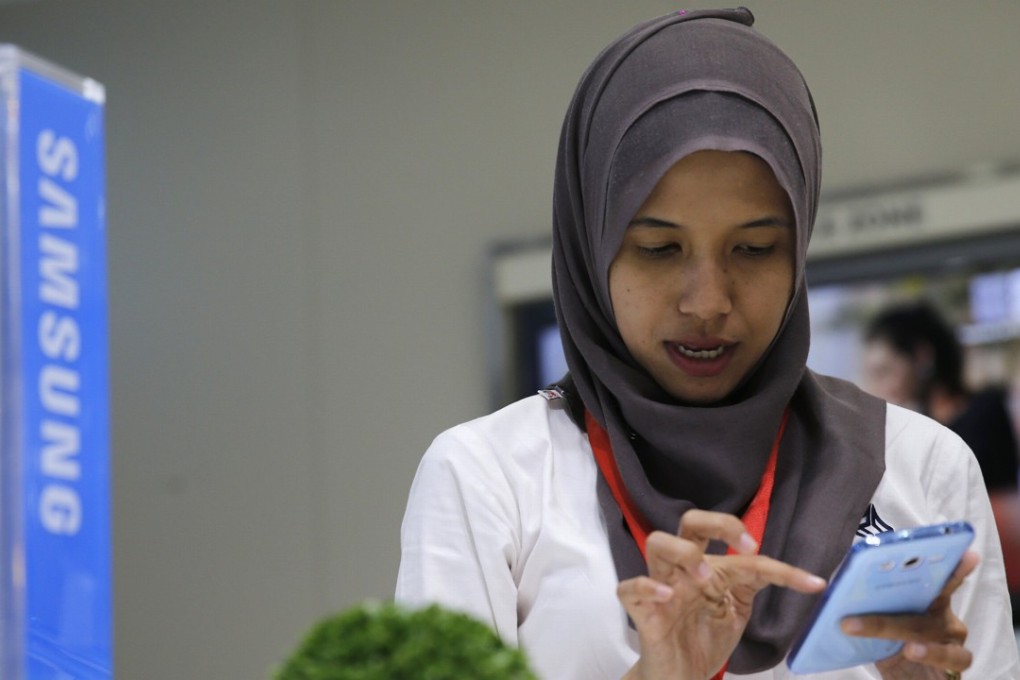Unknown Chinese start-up amasses 1 billion overseas users in just three years
Keen eye on user requirements in markets like India and the Middle East enabled Chinese app developer to grow into US$1 billion start-up

In just three years a little known Chinese technology start-up has amassed 1 billion foreign users for its Android smartphone management system, almost the same global number for China’s ubiquitous messaging tool WeChat, after noticing the popularity of video applications in India and e-commerce services in the Middle East.
The Beijing-based Apus Group’s smartphone management system helps users manage applications from data storage to updating the phone’s wallpaper. The company’s strategy of designing and tailoring services relevant to individual local markets has helped it become one of China’s most successful start-ups overseas.
Apus was forced to look overseas for growth because Chinese consumers are spoilt for choice given the stiff competition among domestic phone makers and app suppliers, whereas fast growing economies that have weaker mobile internet infrastructure, like India and Indonesia, see more demand for smartphone management systems.
“We targeted the global market from the very beginning of our company’s establishment in 2014,” Li Tao, the founder and chief executive officer of Apus, said in an interview in Barcelona, Spain at the Mobile World Congress show. “The mobile internet development remains in rapid growth in emerging markets and user growth is still our priority.”
The three-year old start-up, with a valuation of more than US$1 billion after investments from Northern Light and Redpoint Ventures, offers its app for free and makes money from advertising, achieving gross profit margins of 95 per cent.
By the end of 2017, Apus had over 1 billion users globally across more than 200 countries, with 42 per cent from South Asia and Southeast Asia and 15 per cent from the Middle East.